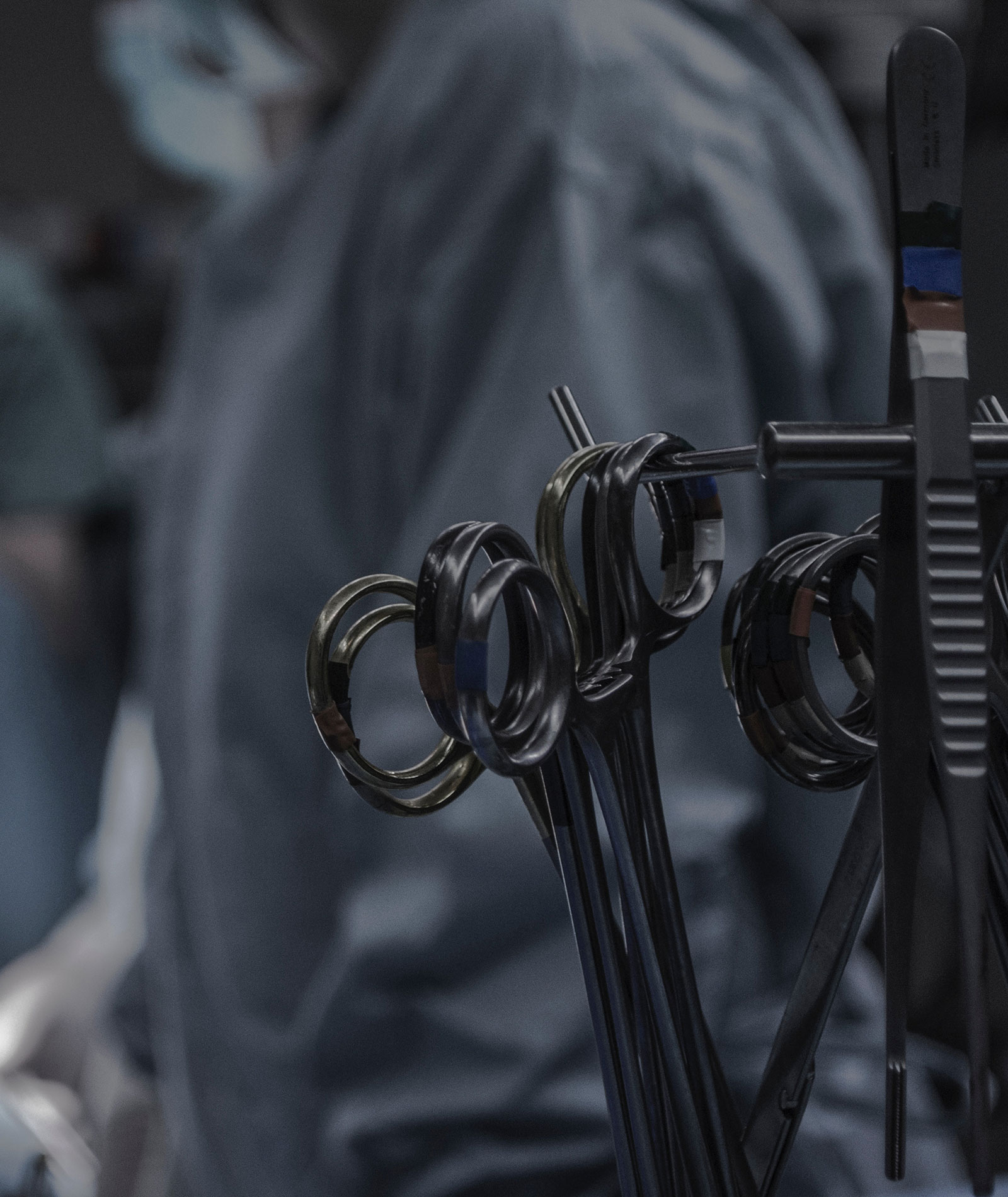Florida District Court of Appeal Decision Reviews Pre-Suit Requirements for Medical Experts in Malpractice Actions

Personal injury lawsuits are all uniquely complex. Medical malpractice actions in particular have additional statutory requirements that add to the general challenges of a civil suit. The Florida legislature enacted Chapter 766 to create a pre-suit procedure for all medical malpractice actions. This process requires a claimant to conduct an investigation to see if there are reasonable grounds for a medical negligence lawsuit. The injured party must provide this corroboration of reasonable grounds with a verified medical expert opinion from a person who regularly practices medicine and meets the requirements set forth in subsection (5). If the defendant in the case is in a specialty, the expert must also practice in the same specialty.
A recently issued decision from the Second District Court of Appeal (2D16-4052) addresses the qualifications of a pre-suit expert. The plaintiff sought treatment from an orthopedist after breaking her toe. The defendant physician provided different types of care, including surgery. The problems with her toe remained, and the woman sought a second opinion. The second physician advised that the surgery performed was unnecessary for injuries like hers, and the injured woman filed suit against the institute where the first physician practiced. As part of her claim, the woman offered the required “corroboration of reasonable grounds to initiate medical negligence litigation,” accompanied by an affidavit of a board-certified podiatrist. The institute objected to the affidavit, claiming he was not qualified to testify as an expert because he was a podiatrist rather than an orthopedic surgeon. The injured woman did not respond to this objection.
The woman eventually filed suit at the end of the pre-suit period, and the institute moved to dismiss. The institute argued the woman did not properly comply with the investigation requirements in accordance with the statute. The trial court first agreed with the defendant but then changed its mind on rehearing, reinstating the complaint. The institute filed a petition for a writ of certiorari.
The injured patient argued to the trial and appellate courts that the treating physician and the chosen expert both perform surgery on feet and ankles. She asserted the different training and titles should not matter. The Court of Appeal disagreed, finding this was only her opinion, and it does not supplant the legislative intent seen in the amendments to the law in 2013. Before 2013, section 266.102(5) only required the expert to be in the same specialty or “in a similar specialty that includes the evaluation, diagnosis, or treatment of the medical condition.” Prior to the amendment, trial courts had broader discretion in their acceptance or rejection of an expert’s qualifications and the opinions offered based on the evidence.
The court pointed out that the legislature’s specific act to remove the language of a “similar specialty” shows they wanted to narrow the qualifications under the law. The appellate court noted that courts cannot ignore the plain language of the statute or try to add language back in. The court acknowledged the Supreme Court’s recent decision regarding the amendments to the Florida Evidence Code, which declined to adopt the language of “same specialty.” However, there was no discussion regarding the constitutionality of the statute. Without an appeal and a decision on this issue, the appellate court ultimately concluded that the expert must meet the specific criteria of section 266.102(5). The trial court’s decision to reinstate the malpractice complaint was quashed, and the institute’s petition was granted.
This case shows the importance of having experienced Florida personal injury attorneys at your side. The lawyers of Donaldson & Weston have the knowledge and understanding you need to maximize the damages you deserve. For a free, confidential consultation, contact our office today at 772-266-5555 or 561-299-3999.
More Blog Posts:
Florida District Appellate Court Reviews Future Medical Expenses in Multi-Car Accident Case, Florida Injury Lawyer Blog, November 28, 2016
Federal Circuit Court of Appeal Declines to Find Equitable Tolling in Slip and Fall Case, Florida Injury Lawyer Blog, October 21, 2016
Florida Court of Appeal Allows Injured Motorist to Pursue Additional PIP Payments to Medical Providers, Florida Injury Lawyer Blog, May 18, 2017
